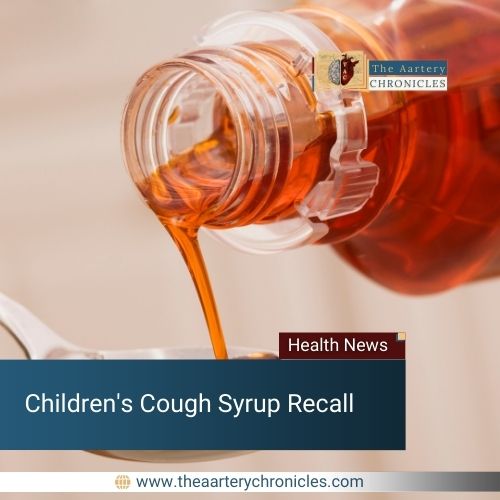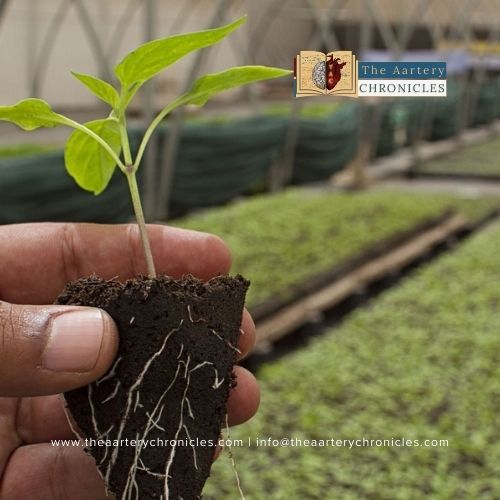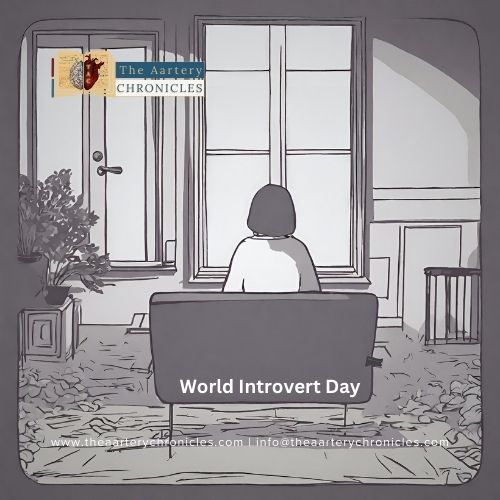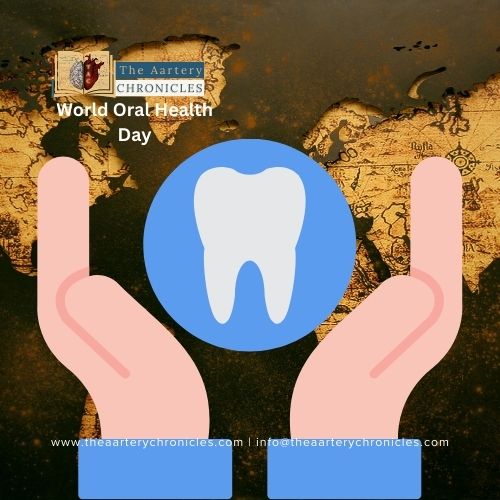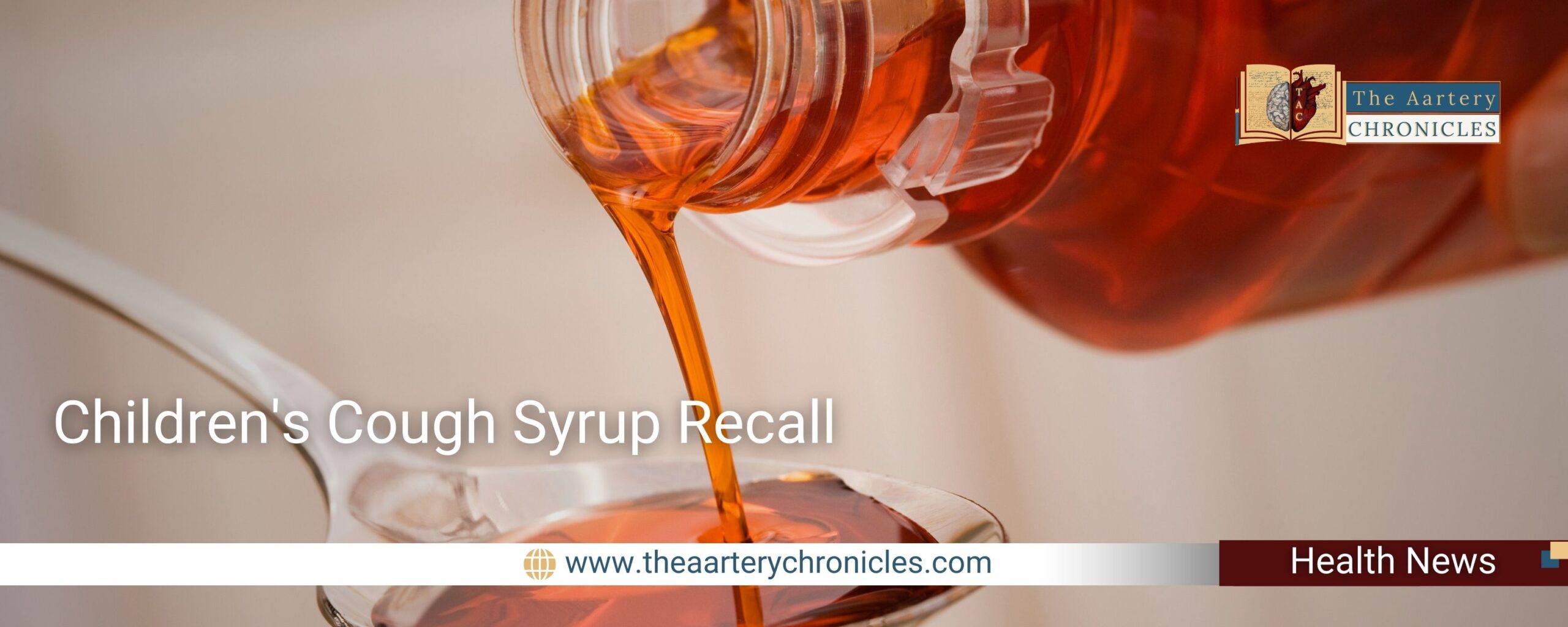
Safety Concerns: Johnson & Johnson's Children's Cough Syrup
Initiation of the Recall
Regulatory authorities in Tanzania, Rwanda, and Zimbabwe have ordered the recall of a batch of Johnson & Johnson children’s cough syrup. This action followed a similar recall made by regulators in Nigeria, Kenya, and South Africa, all involving the same batch of syrup designed to treat children’s coughs and allergies. Nigeria’s health department conducted laboratory testing that found elevated levels of toxicity, particularly diethylene glycol, which has been linked to fatal poisonings in several locations since 2022.
The recalled batch of Benylin Paediatric syrup was manufactured by J&J in South Africa in May 2021, though it’s important to note that Kenvue currently owns the brand after a spin-off from J&J last year.
Safety Measures and Regional Responses
Tanzania’s Medicines and Medical Devices Authority (TMDA) began the recall on April 12 after being informed of the Nigerian test results. TMDA spokesperson Gaudensia Simwanza clarified that this is a precautionary measure aimed at removing the affected drugs from the market rather than an investigative procedure.
The spokesperson for Kenya’s drug regulator mentioned that test results from their assessment of the syrup would likely be available by Wednesday.
On April 12, the Rwanda Food and Drugs Authority published a statement highlighting that, while their safety database showed no recorded adverse effects, the recall is being initiated as a preventive step.
The Zimbabwe Medicines Control Agency claimed that they presently have no record of the product’s entry into Zimbabwe. They did, however, express alarm about the syrup’s possible unlawful entry into the local market and promised to increase checks appropriately.
The product and Health Implications
Kenvue responded with a statement indicating that they are conducting their assessment and collaborating with health authorities to determine the appropriate course of action.
Johnson and Johnson’s cough syrup, particularly the Benylin pediatric syrup is used in the treatment of cough, allergic conditions, and hay fever.
Diethylene glycol is used as an antifreeze agent and in industrial solvents. The presence of the toxic substance in cough syrup has been linked to the deaths of around 300 children across various countries. The toxic chemical if ingested can cause acute kidney failure.
Following Nigeria’s discovery of high levels of DEG, WHO is likely to raise alerts on contaminated cough syrup.
Source: Inputs from various media Sources


